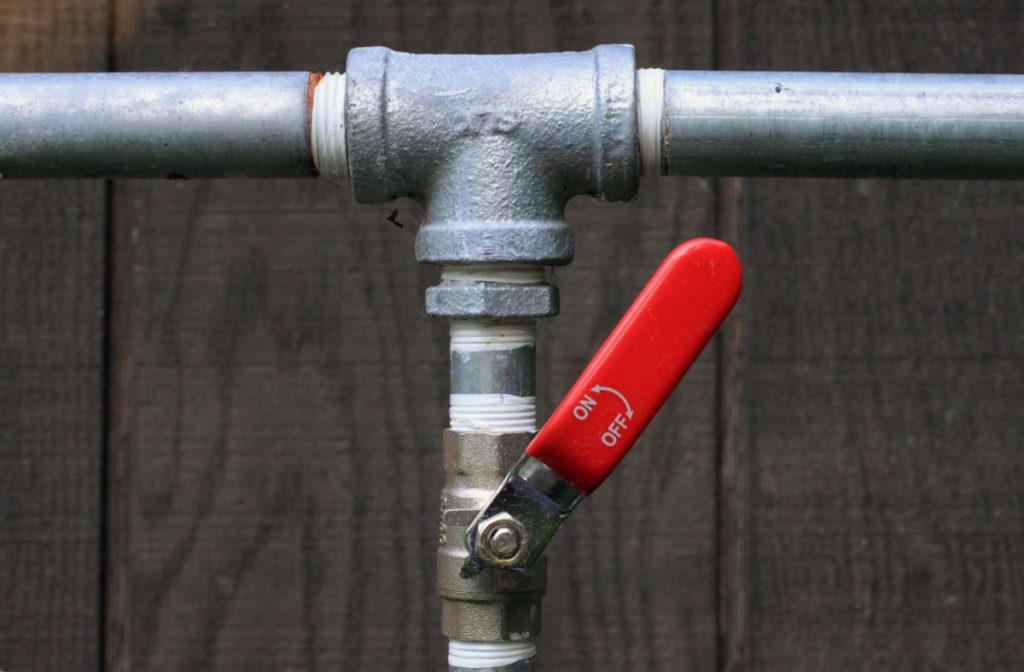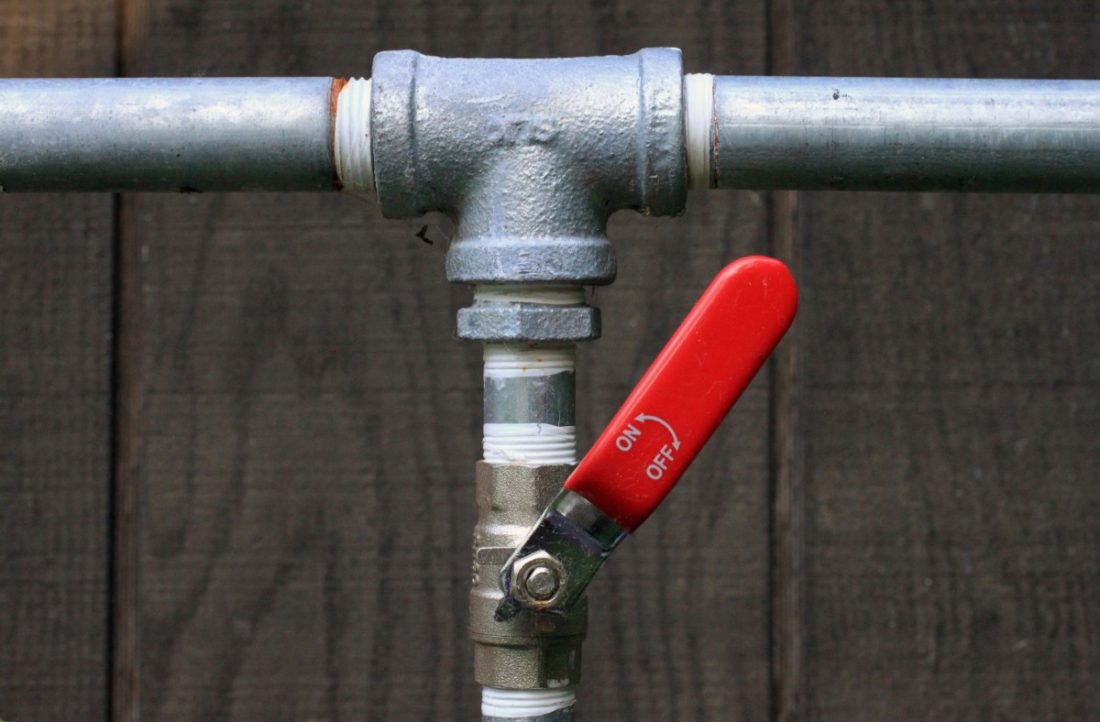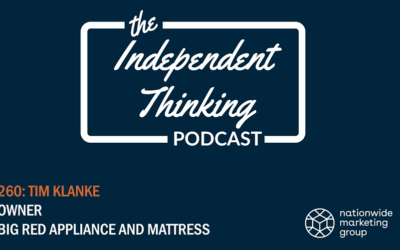 I’ve said it before, and I’m sure you have, too – the smart home has moved out of the “Jetson’s” era and into the everyday and necessary.
I’ve said it before, and I’m sure you have, too – the smart home has moved out of the “Jetson’s” era and into the everyday and necessary.
Never was this more evident than on a recent business trip when, in the middle of a meeting, I got an odd alert on my phone. This wasn’t an alarm I was used to hearing, so I took notice and was shocked to see that one of my water leak detectors had gone off.
My first thought was, “Is it real or a false alarm?” And then panic set in with the, “I’m hundreds of miles away, what do I do?” Thankfully I didn’t have to do anything, as my leak detector took care of everything by turning off the water to the appliance in question. As my blood pressure came down, it started to hit me – automation had saved me hundreds and maybe thousands of dollars, plus the countless hours I would have spent with cleaning up the mess, haggling with the insurance company and repairing the damage. My next thought, the Jetsons have nothing on me!
It also got me thinking more about the industry I’m in and how my real-life experience is just what many of us have been saying for years – automation can and will change your life, in ways you might never know. Leak detection is a technology that’s been around for a number of years, but like most new technology, it can be expensive and out–of–reach for many consumers. Also, unlike other alarm types, leak detection isn’t something that everyone thinks about. Sure, we all know about smoke and burglar alarms, but unlike those systems, leak detection can be something that you can truly self-monitor and can do something about remotely.
Imagine it. You’re on vacation, nobody’s home and the water line to your washer springs a leak. If you’re gone for any amount of time, the water ruins the floors, walls, electrical, etc. But a smart home leak detection system can sense the presence of moisture and turn off either the water valve to the specific appliance, water heater or sink, or shut off water to the entire property via the water valve in the utility closet of the home.
Additionally, many leak detection systems work with other partners in the smart home ecosystem to let those devices know that something went wrong. In my case, the LeakSmart system also notified the Nest products and the Nest app, as well as notifying me via their app on my phone.
If you think about the smart home and all the different “alarm” systems you can have, the two that immediately come to mind – fire and intrusion – are great if you’re paying for the monthly monitoring service. Outside of that, though, there’s little you can do to stop a fire or a break-in if you’re out of town. But a smart leak detection system takes care of you!
Like I said earlier, leak detection isn’t new, but it’s come a long way in terms of cost, convenience and availability of products. And it has certainly revolutionized the concept of the Jetson’s–style connected home and sense of security.
Don’t have leak detraction in your CI or retail offering? Look at adding it today to help look out for your clients’ peace of mind.
This article was first published in the October 2019 issue of The Retail Observer.




